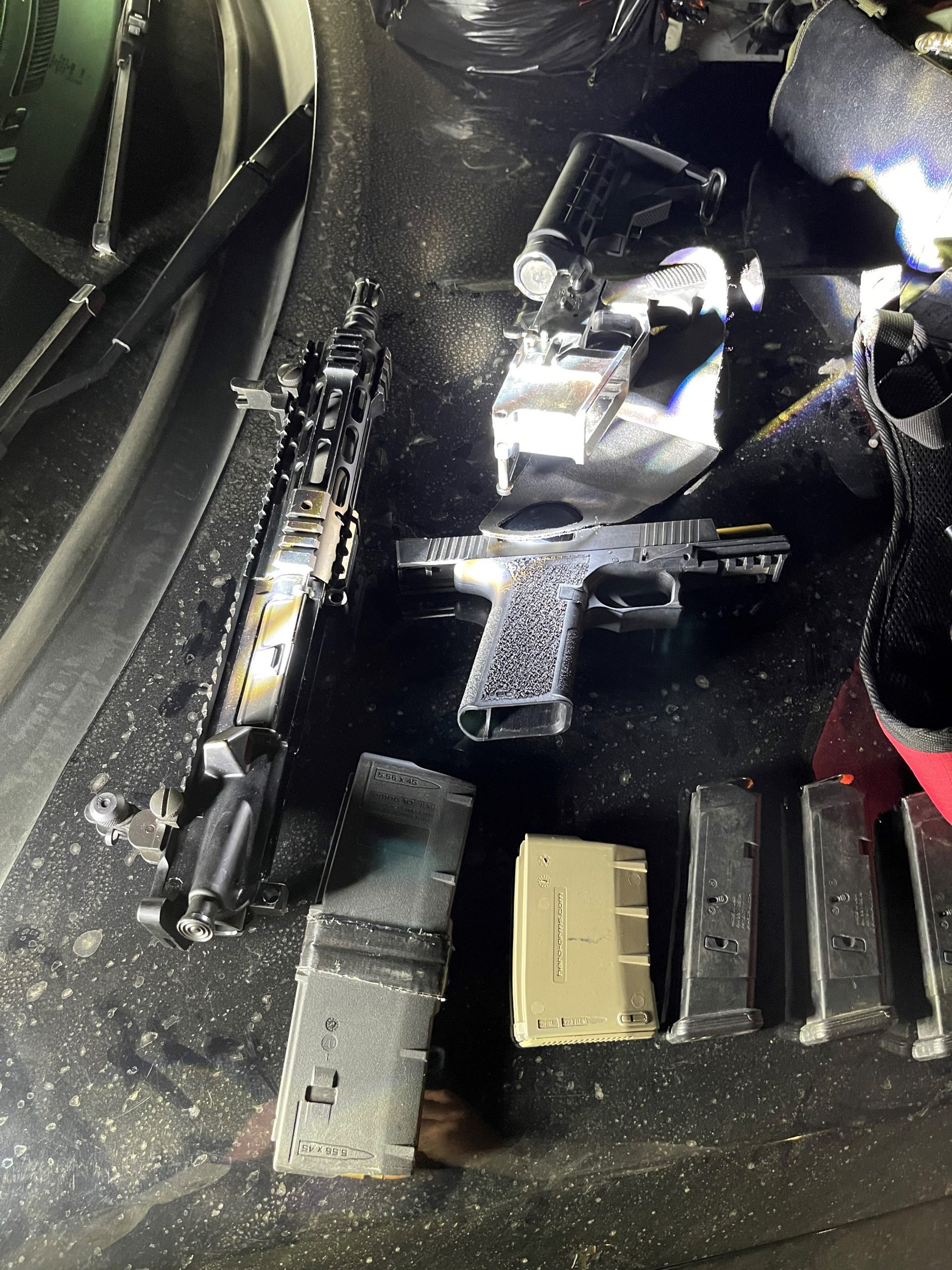By Victoria Martinez
reporter@santaynezvalleystar.com
Facing the end of a temporary ban on cannabis activity in the city, the Solvang City Council on July 23 dropped a plan to ban all cannabis sales in favor of allowing one or more medical cannabis dispensaries.
The permanent, comprehensive ban was before the council for its second and final reading, which would have made it law, but after lengthy discussion the council voted 4-1 to drop that plan and tell its city attorneys to draft a new ordinance.
The city’s temporary ban will expire Sept. 21, and it cannot be extended.
Without a quick decision, the city risks having no cannabis regulation. Theoretically, that would allow anyone with a state license to acquire a standard retail business certificate and sell cannabis unless city officials found a way to stop it.
In September 2016, before the Adult Use Marijuana Act went to California voters that November, the council proactively approved an urgency ordinance forbidding all cannabis activity within the city other than private, adult, indoor use.
The council will have to approve a new ordinance by Aug. 27 to avoid having no ordinance in place that would ban or regulate recreational-use dispensaries or other cannabis activity.
In May, the council took up the issue of establishing more comprehensive cannabis regulations but rejected a second reading of such an ordinance at the end of the month and asked the city’s Planning Commission to examine possible locations for medical cannabis dispensaries. Some council members noted the medical benefits and the fact that many residents within city limits are already receiving medicinal cannabis deliveries legally or traveling to acquire it.
“I don’t want to necessarily adopt a restrictive ordinance right away,” said Councilmember Ryan Toussaint during that May 29 meeting.
On July 2, the Planning Commission recommended the C-3 commercial zone, at the southwest end of town, for medical cannabis sales.
At a special meeting on the same day, the council approved putting a cannabis business tax measure on the November ballot, which would allow the city to collect a 5 percent minimum tax and 10 percent maximum tax with a maximum 1 percent increase per year from such businesses.
City Attorney Dave Fleishman explained during the July 23 meeting that the ordinance the council was being asked to consider was “more of an insurance policy.” He said that a new ordinance with a medicinal cannabis regulatory structure could be ready in the next few weeks, but the expedited timeline would be a challenge.
“We would be asked to pull together an ordinance in a week or two. We can do it. I won’t tell you it will be our best work,” Fleishman explained.
The council voted 4-1 to have staff “hot plate” the ordinance with the addition of a medicinal cannabis dispensary regulatory structure. Mayor Jim Richardson, who has been vocal about his opposition to medicinal cannabis dispensaries throughout the council’s discussions, was the dissenting vote.
To establish an ordinance before the urgency ordinance expires, the city council will have to hold at least one special meeting.






